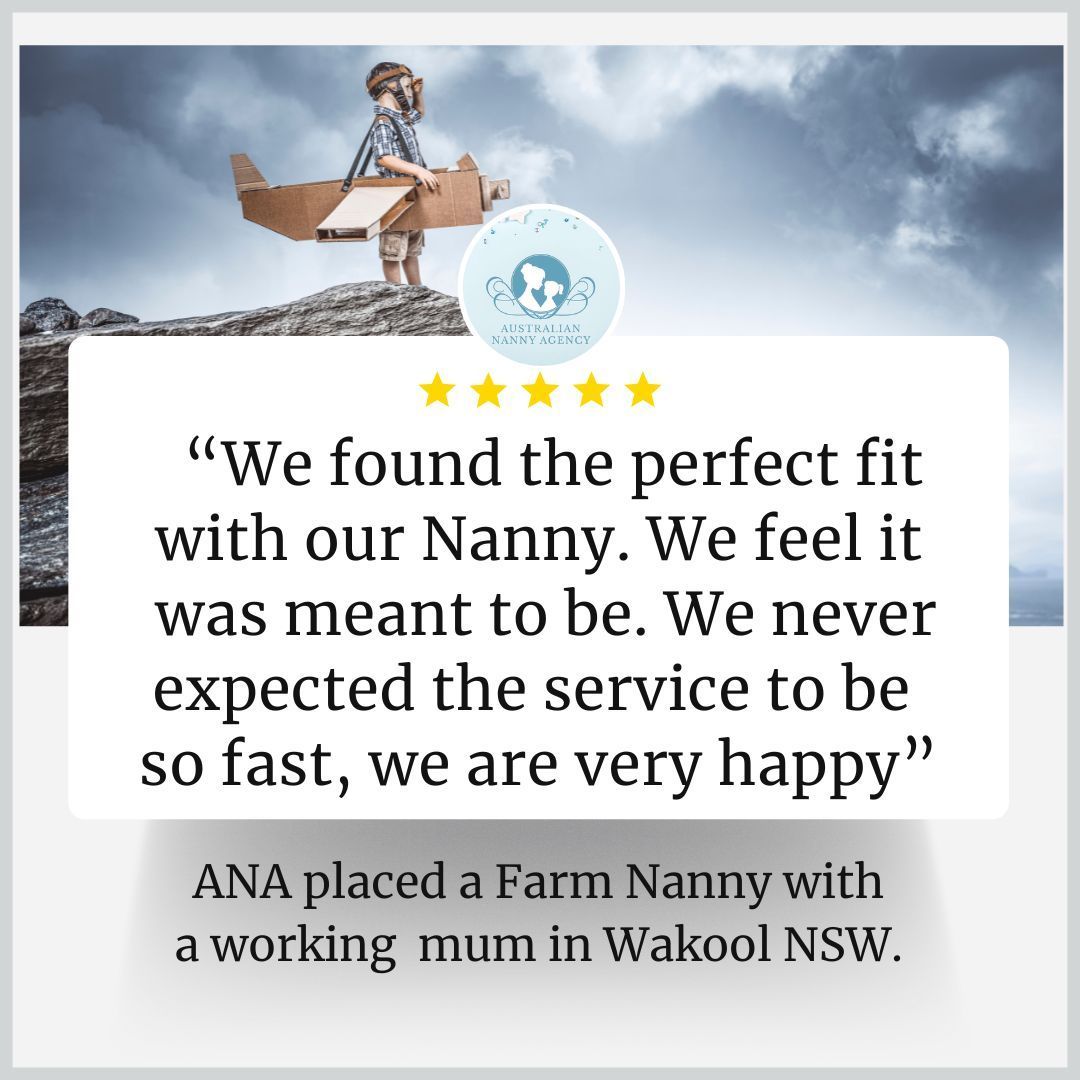"Enhancing Nanny Success: The Critical Role of Communication Skills in Fostering Positive Relationships with Children and Families"

Why Are My Communication Skills Important for a Nanny Role?
In the realm of childcare, the role of a nanny transcends mere supervision; it encompasses fostering a nurturing, safe, and stimulating environment for children. At the heart of this multifaceted position lies one crucial skill: effective communication. Whether you are interacting with children or collaborating with parents, the ability to convey ideas, emotions, and instructions clearly and empathetically is fundamental to success in the nanny role.
Building Trust and Rapport with Children
The first step in delivering exceptional childcare lies in establishing a solid foundation of trust and rapport with the children you are responsible for. Children rely on adults for guidance, security, and emotional support. By employing effective communication techniques, you can create an environment where children feel safe expressing their thoughts and feelings.
For instance, active listening is a key component of effective communication. When a child shares their experiences or concerns, giving them your full attention and responding thoughtfully reassures them that their feelings are valid and important. This not only fosters a sense of emotional security but also encourages children to communicate openly, which is essential for their social and emotional development.
Moreover, age-appropriate language is crucial when communicating with children. Younger children may not grasp complex vocabulary or abstract concepts, so using simple, clear language helps them understand instructions and expectations. Engaging children through storytelling, play, and interactive dialogue can also enhance their communication skills while allowing you to build a stronger connection with them.
Navigating Differences in Communication Styles
Every child is unique, and their communication styles can vary significantly. Some children may be verbal and expressive, while others may be shy or withdrawn. As a nanny, being attuned to these differences is vital. Adapting your communication style to meet the needs of each child not only facilitates better understanding but also demonstrates your flexibility and empathy as a caregiver.
For example, children who are less verbal may benefit from non-verbal communication, such as gestures, facial expressions, and visual aids. Creating a visual schedule for daily activities can help these children understand the flow of their day, reducing anxiety and confusion. By observing and responding to each child's individual communication preferences, you can create a more inclusive and supportive environment.
.
Effective Communication with Parents
While building relationships with children is paramount, effective communication with parents is equally important. Your role as a nanny involves collaboration with parents to ensure that their expectations and values are upheld in their absence. Clear, open lines of communication foster trust and partnership, which is essential for the overall well-being of the child.
Regular updates about the child’s activities, behavior, and development can help parents feel connected and informed. Whether through daily reports, texts, or scheduled meetings, sharing insights about their child's progress and challenges demonstrates your commitment to their child's care. This transparency not only reassures parents but also opens the door for constructive feedback, ensuring that everyone is on the same page.
In addition, discussing any concerns that may arise—be it behavioral issues, health concerns, or developmental milestones—requires a delicate touch. Approaching these conversations with empathy and professionalism helps maintain a positive relationship with parents while addressing important matters. It’s crucial to present information factually and sensitively, allowing parents to feel involved and empowered in their child's care.
Managing Conflicts and Challenges
In any caregiving role, conflicts and challenges are bound to arise. Whether it’s a disagreement with a child over a toy or differing parenting philosophies, effective communication can be the bridge that helps navigate these situations smoothly.
Having the ability to articulate your thoughts calmly and respectfully is essential when addressing conflicts. For instance, if a child is upset and refusing to share, instead of resorting to authority, you can use communication to guide them towards understanding the importance of sharing. Phrasing your thoughts in a way that encourages empathy and problem-solving can help diffuse tension and promote cooperation.
Additionally, when conflicts arise between you and the parents—such as differing views on discipline or routines—open dialogue is key. Approaching these conversations with respect and a willingness to listen creates an environment where all parties feel heard and valued, facilitating collaborative problem-solving.
Enhancing Professional Development
Finally, strong communication skills can significantly enhance your professional development as a nanny. As you build relationships with children and families, you will also have the opportunity to refine your interpersonal skills. This experience can be invaluable if you aspire to advance in your career, whether by taking on additional responsibilities, pursuing further education in child development, or transitioning into roles like childcare director or educator.
In conclusion, effective communication is the cornerstone of a successful nannying experience. From establishing trust with children to fostering collaborative relationships with parents, the ability to communicate clearly, empathetically, and effectively is essential. As you hone these skills, you not only enhance your own professional capabilities but also contribute positively to the development and well-being of the children in your care. Embrace the importance of communication in your role as a nanny, and you will undoubtedly make a lasting impact on the families you serve.
Why are strong communication skills essential for a successful nanny role?
Blog









